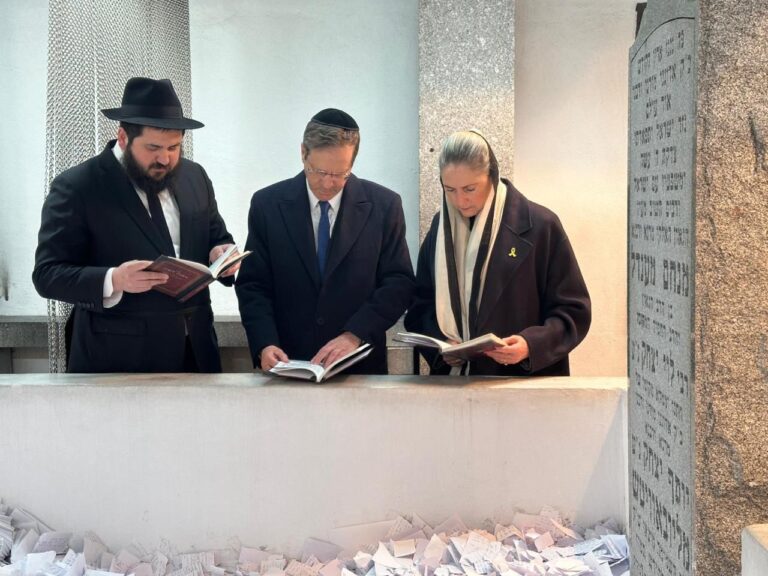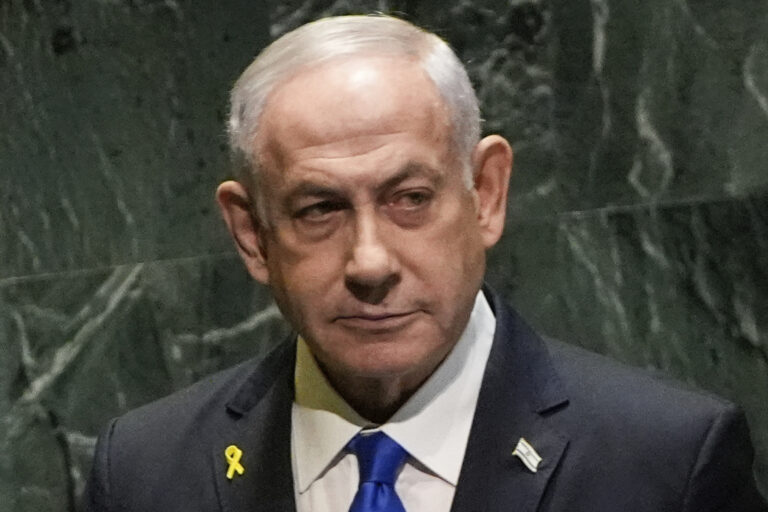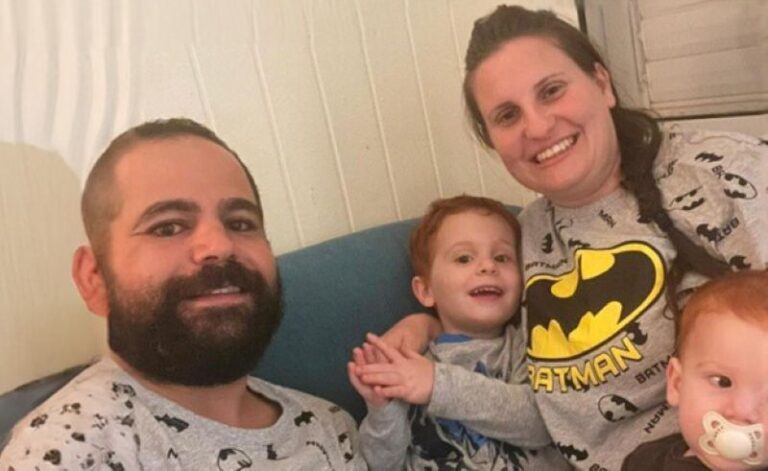The chareidi cities of Modi’in Illit, Betar Illit and Elad are leading with the percentage of children in Israel, according to figures published by the Central Bureau of Statistics on Wednesday, 26 Cheshvan, marking the International Children’s Day scheduled for next week. In contrast, only about one-fifth of the residents of Tel Aviv are under the age of 17, and in Bat Yam there is the lowest average number of children per household.
At the end of 2016 there were 2.852 million children up to age 17 in Israel, 33% of the country’s population. Approximately 2.04 million children, 71.6% of their total population, are Jews, 722,000 (25.3%) are Arabs, and 88,000 (3.1%) are non-Arab Christians and children without religion.
Among all urban localities in Israel, the highest percentage of children aged up to 17 was in Modi’in Illit – 64.6%. In second place is Betar Illit (61.7%), followed by Elad (60%), Hura (Bedouin) (57.2%) and Tel Sheva (Bedouin) (56.2%).
Of the cities with more than 100,000 residents, Beit Shemesh is the city with the highest rate of children, about 52%. Tel Aviv is the city with the lowest percentage of children, about 21%. In Jerusalem, the relative share of children in the population is approximately 40%, and in Haifa approximately 23%.
The number of children up to age 17 per household in households with children of this age was 2.43 on the national level. Among the large cities, the highest average number of children was in Beit Shemesh (3.53), Bnei Brak (3.40) and Jerusalem (3.04). In Bat Yam, the lowest average of children up to age 17 per household was 1.78.
The vast majority of children in Israel, about 92%, live with both parents. Approximately 219,000 children, about 8% of the children, live with only one parent. Most of the children who live in a single-parent family, about 90%, live with their mother.
In 2016, 181,405 children were born. The overall fertility rate of women in Israel is estimated at 3.11 children per woman.
(YWN – Israel Desk, Jerusalem)












One Response
This is great, when we can control the Knesset budget we will spend 2 shekels on kollelim that we spend 1 shekel on the army.